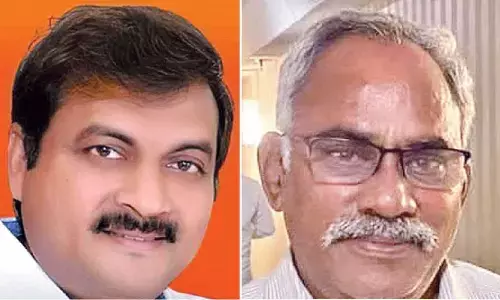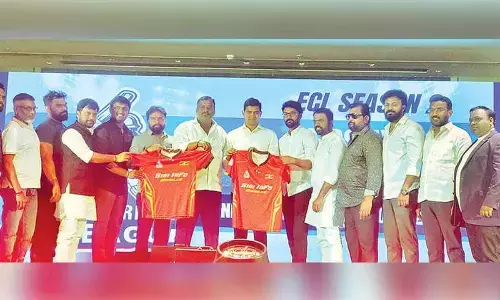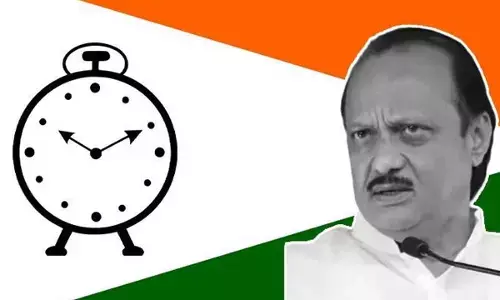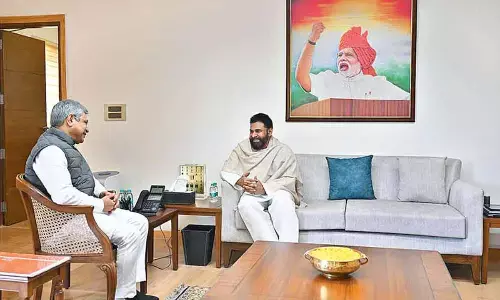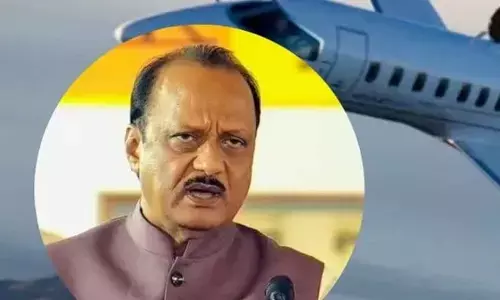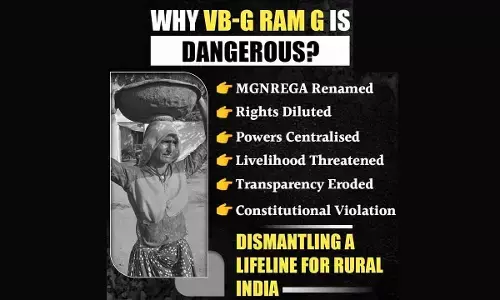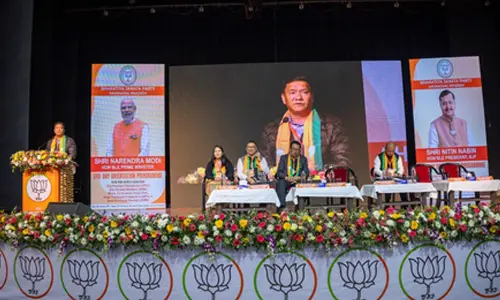MyVoice: Views of our readers 3rd March 2021
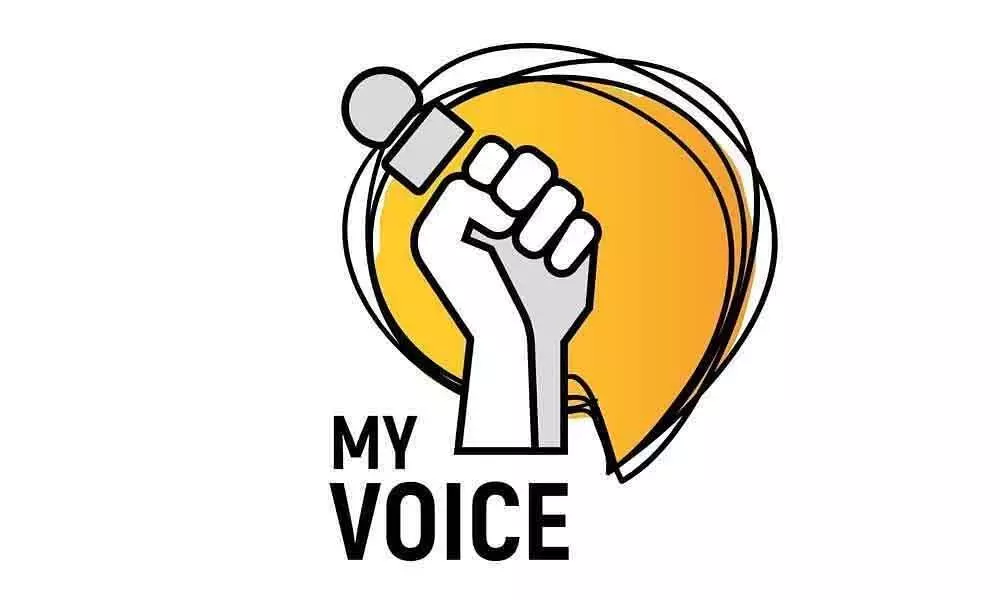
MyVoice: Views of our readers 17th March 2021
The recently notified Information Technology (Intermediary Guidelines and Digital Media Ethics Code) Rules, 2021, which cover social media intermediaries as well as the digital news and OTT Platforms, have raised several red flags.
New IT rules spell doom for privacy and freedom of expression
The recently notified Information Technology (Intermediary Guidelines and Digital Media Ethics Code) Rules, 2021, which cover social media intermediaries as well as the digital news and OTT Platforms, have raised several red flags.
Under these rules, the social media platforms are required to preserve data for 180 days – double the time period prescribed earlier – ostensibly for investigative purposes. The data has to be preserved even after a user has deleted their accounts, require the rules. They also provide for government and courts to force the platforms to identify the originator of specific information, even though it is still unclear how this kind of identification will be verified.
It is important to note that, in the absence of a data protection law and any kind of oversight on how surveillance operates in India, these requirements have a vast potential for abuse at the hands of intrusive state machinery. Used together with Information Technology Decryption Rules, the rules will allow the government to break any type of end-to-end encryption to gain knowledge of who sent what messages and also get to know its contents. The requirements will also break existing protocols for the deployment of end-to-end encryption that has been built through rigorous cybersecurity testing over the years.
The rules have come at a time when several litigations are challenging the government over its stance on surveillance and privacy. Excessive governmental control over digital news, OTT content and other such areas require much more deliberations and wide-scale consultation with the experts and different stakeholders.
Students Islamic Organisation of India (SIO) demands that the government immediately withdraw these rules and initiate broad-based consultations and deliberations before redrafting them. We further urge civil society to constantly engage in dialogue on the subject of digital privacy and freedom of expression.
Kidiyoor Nihal Saheb, National Secretary, Students Islamic Organisation of India (SIO), New Delhi
G-23 should rally behind Rahul
Disgruntled leaders within the Congress known as G-23 seem to be more interested in finding fault with their own leadership than fighting the BJP. They are harsh on their own party and soft on the BJP. They would have done better to campaign in poll-bound States than to adopt political posturing in Jammu to embarrass the party.
G-23 is a band of leaders endowed with intelligence. Still they do not see the woods for the trees. It does not seem to occur to them that the overarching appeal of Hindutva has catapulted the BJP to power and keeps it in pole position. They are too preoccupied with calling for 'organisation overhaul' to check the party's decline while the need of the hour is to pool resources to wean away the masses from the Hindu revivalist forces.
The likes of Ghulam Nabi Azad, Anand Sharma and Kapil Sibal enjoyed the spoils of high office when the UPA was in power and conducted themselves in deference to the Gandhis. Now they have no qualms about needling the leadership when the party is out of power. For them power seems to be the be-all-and-the-end-all of politics. They seem to be dissatisfied with the denial of 'favours' like membership of Rajya Sabha.
The energy they expend on evaluating Rahul Gandhi's leadership could have been better spent on stalling India's retreat from the values enshrined in the Constitution. It would have been more creditworthy if the so-called reformist leaders endeavoured to conscientise the people on the importance of the bread-and-butter-issues of politics and protecting themselves from falling prey to the attempt at polarizing them along religious lines. The soft corner these leaders have for the BJP betrays their affinity for soft Hindutva.
It is intriguing that Azad eulogised Modi from Jammu and Kashmir despite his abrogation of Article 370. Modi and Azad revealed the line of communication they kept when tourists from Gujarat came under attack in Jammu and Kashmir, but said nothing on if they kept a similar line at the time of the Gujarat pogrom.
Anand Sharma's finding that the Congress compromised on secularism by its alliance with the Indian Secular Front in West Bengal elicited the retort that it was meant 'to please someone who could be his future boss'. These disgruntled leaders, if they are true Congressmen and are wedded to what it represents, should strengthen the hands of Rahul Gandhi, a solid bulwark against BJP's communal politics.
G David Milton, Maruthancode, Kanyakumari Dt








